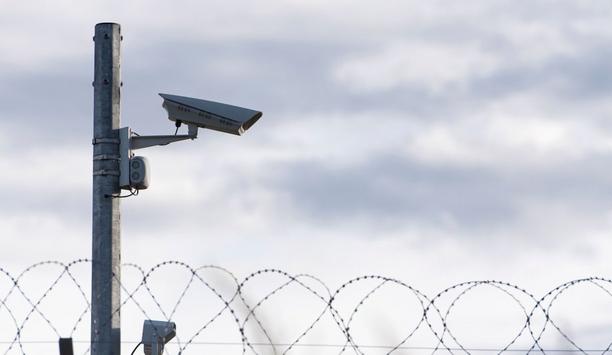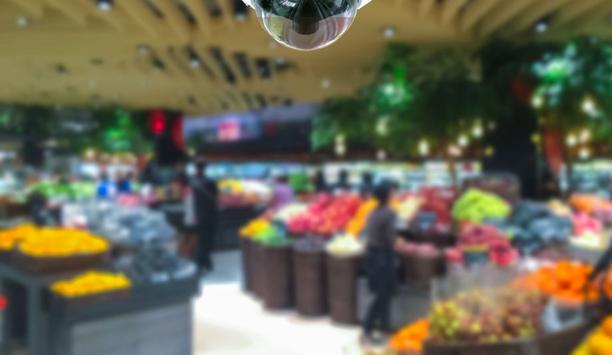The University of Nottingham is renowned for its research innovations. Its system to control access and to secure the facilities no longer reflected its commitment to excellence in the advancement of technology. Over the years, the University acquired several systems for access control, each with their own card technology. Additionally, it had various platforms for its daily operations. Not only was maintaining all these different systems and technologies time-consuming, expensive and complex. It also limited a possible system expansion. Most of all, there was no clear overview of who was authorised to enter the premises and who was not. Time for change!
Time for change
The University decided that it needed to do two things: switch to one single access control platform, upgrade the card system and revert to using one single card in the whole University. The reason to go for Nedap’s security system AEOS was that it provides all the functionalities that the University was looking for. It can operate different locations from one central point and the system’s open architecture allows the use of both existing and new technologies. The existing cabling, for instance, could be utilised. After due consideration, all the access control systems were replaced by Nedap’s security platform AEOS. With 400 access points and 108 processing units (AEpus) attached to the existing IT infrastructure, the University was able to go back to one single security system to control the access and exit of its staff and students in the University’s buildings or parts thereof.
One single card
The replacement of 40,000 cards was logistically a challenge, but with the cooperation of the University this was also achieved. All students and staff now use a unified card for an array of services, i.e. proximity access, sports centre membership, photocopier authorisation, bus payment card and cashless catering. The decision to keep barcode and magnetic strip technologies was to maintain legacy systems, until such point as it is possible to move them to proximity technology.
Rule Engine
The University also concluded to have the extra AEOS functionality Rule Engine. This functionality uses predefined rules and data fields that represent a certain authorisation (access level). The Rule Engine checks the rules and data fields against one’s profile and if they match, that person gets the authorisation that is predefined in the system. The details of a person’s profile come directly from the University’s database. As soon as the person’s profile changes, for example if a student drops out or changes his study, the Rule Engine sees that the person’s profile no longer complies with the predefined rules and data fields and will automatically change or cancel the authorisation. In other words, with the Rule Engine the correct and fully automated assignment, change or cancellation of authorisation rights can be easily managed.
 |
| The AEOS open architecture allows the use of both existing and new technologies |
Online card system
With thousands of cards in circulation, Nottingham University was eager to outsource the entire card production, their printing, coding, and photo identification. The card production company ID-ware provided the perfect solution. Their online card management system (OCMS) receives personal details from six different sources at the university, such as the student administration system. With these details, personalised cards for staff and students can be printed.
The OCMS database and server are located in a protected server farm in Amsterdam. In order to make a new card, a web connection can be made with the OCMS server from a number of locations of the University in the UK. Designated university staff members can enter personal details, take photos and then transmit them online to ID-ware. The actual printing and coding of the card takes place at ID-ware in the Netherlands. Cards are produced weekly and then sent to the University for distribution. For emergency purposes, and for replacements, there are also two card printers available at one of the University’s locations. Thanks to the import module of AEOS, all the relevant personal details, including the card information of the produced cards can be imported into the access control system. This way, the system is always up-to-date.












